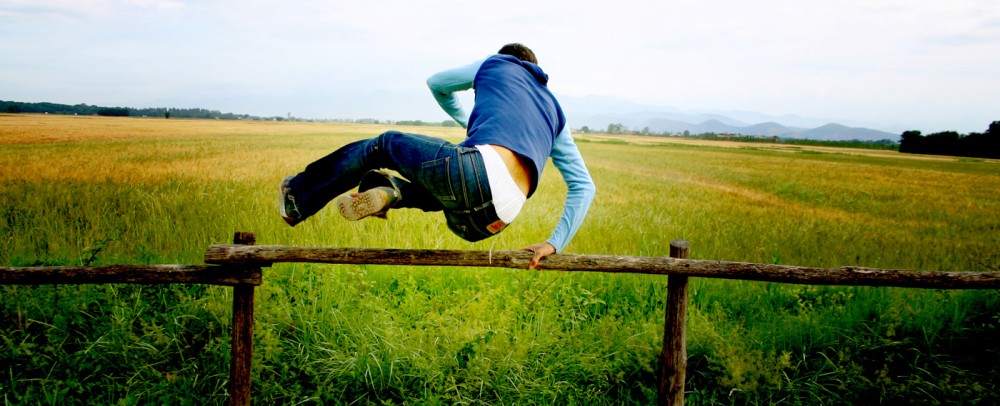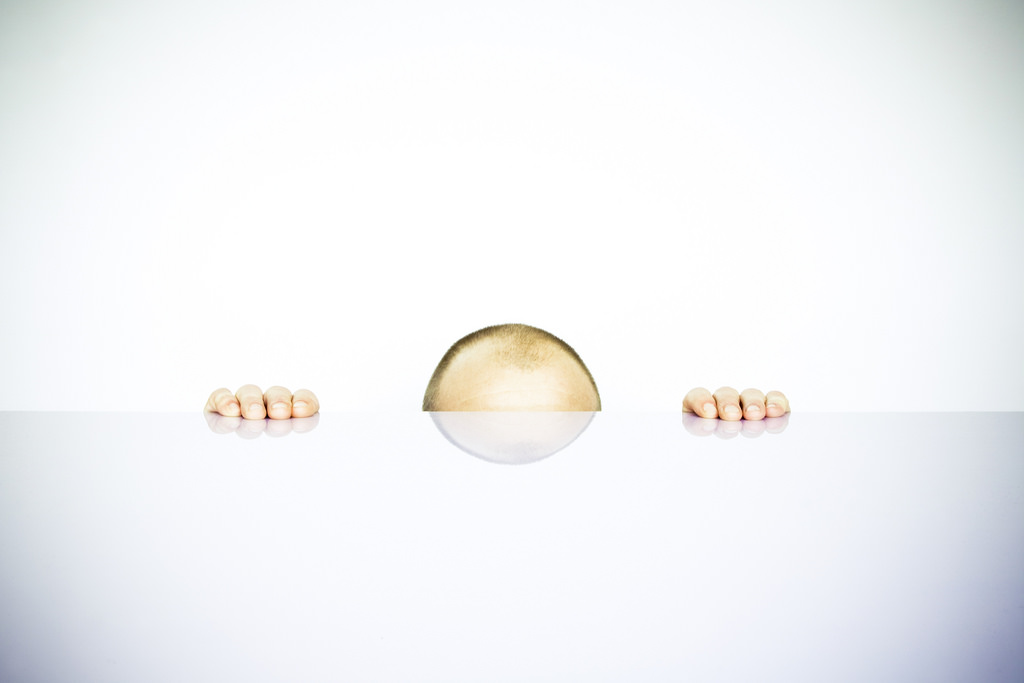Stephen Covey tells a variation of an old parable to introduce the final chapter of The 7 Habits of Highly Effective People.
A man out for a stroll, upon seeing his neighbor furiously sawing away at an old tree, stops to ask what he’s doing. Sweating profusely, the neighbor replies, “I’m cutting down this tree.”
“How long have you been at it?” the man inquires. “You look exhausted.”
“Yeah, I’ll say,” responds the neighbor. “I’ve been out here over two hours.”
“Why don’t you take a rest and sharpen your saw?”
Exasperated now, the neighbor snaps back, “I don’t have time to sharpen my saw! Can’t you see how busy I am cutting down this tree?”
I used to be the neighbor with the ever dulling saw. Truth be told, some days I still am.
 But now, when I find myself toiling away and making what seems like no progress on the task at hand, I stop, at least for a moment. But often for longer. I may take a 20-minute break or go for walk. Sometimes I spend a few minutes doing nothing but taking deep breaths and counting each inhale and exhale.
But now, when I find myself toiling away and making what seems like no progress on the task at hand, I stop, at least for a moment. But often for longer. I may take a 20-minute break or go for walk. Sometimes I spend a few minutes doing nothing but taking deep breaths and counting each inhale and exhale.
Just a couple minutes ago, after staring blankly at my screen for a while, I dropped down on my elbows next to my desk and held a plank until I collapsed to the floor. I’m a bit dizzy now from getting back up too quickly. My heart’s racing and my abdomen is trembling palpably. I feel good. And I’m looking at my work with fresh eyes and the words feel like they’re flowing.
I have “sharpened my saw.”
Covey’s 7th habit is not necessarily about getting “ un-stuck” in the completion of specific task or project (though I have found that its components do wonders for that). It is about continuous self-renewal, life long learning and growth. It targets four basic areas in which self-improvement can be highly leveraged to enhance, often dramatically, our experience of and performance in every other area our lives. Here are the areas Covey describes:
| Physical: | Beneficial eating, exercising, and resting |
| Social/Emotional: | Making social and meaningful connections with others |
| Mental: | Learning, reading, writing, and teaching |
| Spiritual: | Spending time in nature, expanding spiritual self through meditation, music, art, prayer, or service |
My approach has been to implement and maintain a daily practice that I adapted from James Altucher’s take on this idea (“How to Be THE LUCKIEST GUY ON THE PLANET in 4 Easy Steps”). I’m sure I’ll flesh out a few of these further in the future, but here is what that looks like for me:
|
Physical:
|
Do some pushups, squats, or a plank, walk instead of drive to the library or the local Starbucks, replace some sitting time with standing time, cold showers, get 8 hours of sleep, avoid foods with added sugar
|
|
Social/Emotional:
|
Write to/call a dear friend or loved one, reconnect with an old colleague/client/professional contact, have a coffee/drink/meal with a close friend, wrestle with my daughters, watch standup comedy, minimize or eliminate contact with people whose negative energy regularly drains my own
|
|
Mental:
|
Read, write, play brain games on Lumosity, exercise my “idea muscle” (see James’ post, linked above)
|
|
Spiritual:
|
Go outdoors, sit quietly, do a guided meditation (from YouTube, iTunes, Headspace, you name it)
|
When I do at least one of the things in each of these areas on a daily basis (and yes, it’s often just one), my mind is clearer, my work is more focused and I feel happier.
I also am a hell of a lot nicer to be around. Just ask my wife.
- From which of the four areas for self-renewal could you gain the most?
- What fun, calming or energizing activity have you put off in the spirit of getting through your to-do list?
- How might your work improve if that activity was the “to-do” item you did first each day?
Leave me a comment, below, and for help creating and implementing a daily practice tailored just for you, shoot me a note to brian@atgcoach.com.


